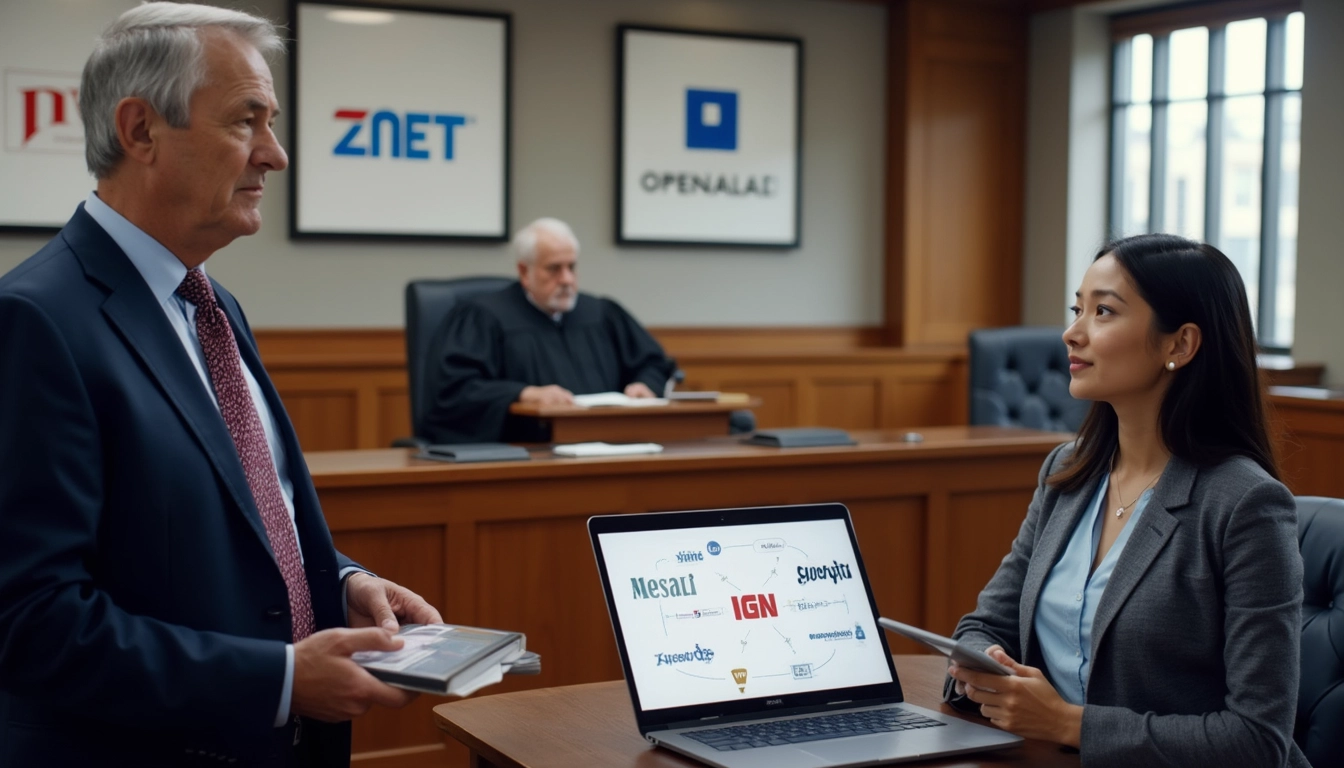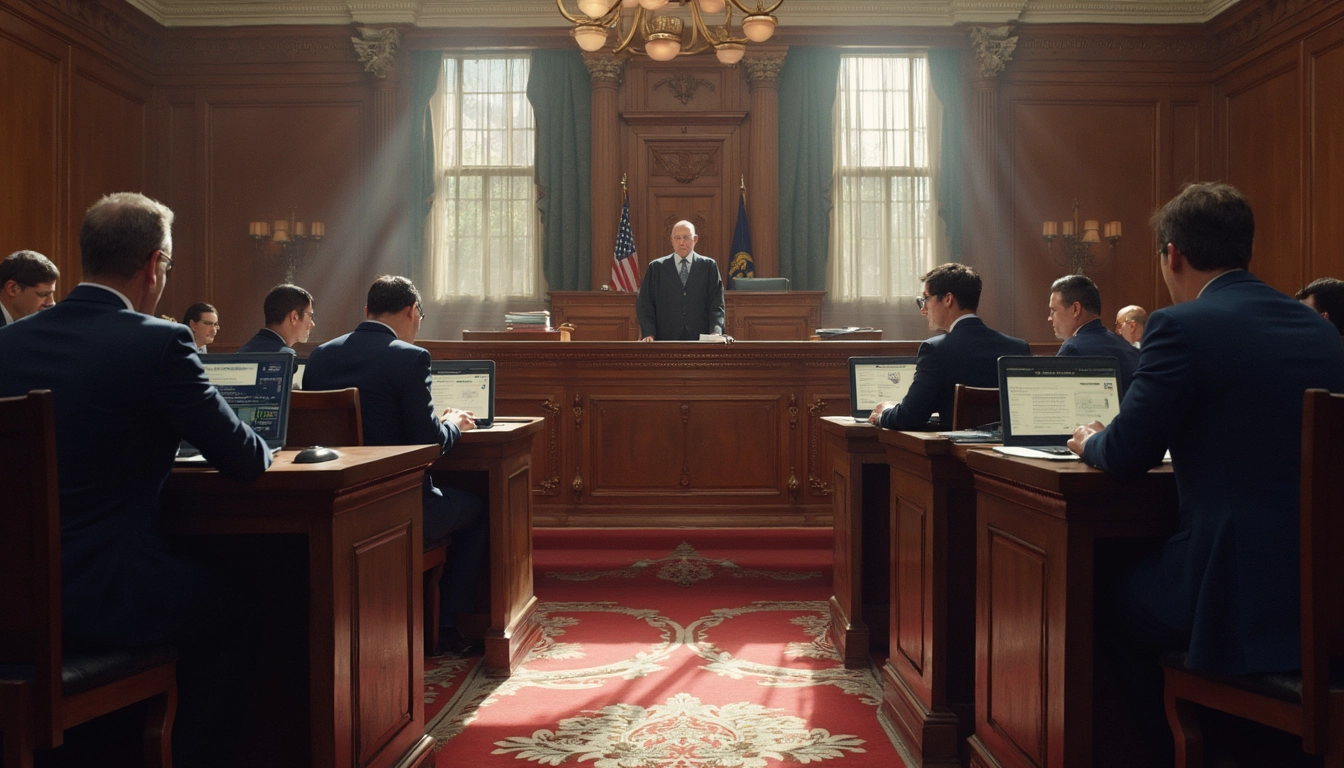
Ziff Davis Sues OpenAI Over Copyright Infringement in AI Training
Digital media powerhouse Ziff Davis has launched a significant legal challenge against OpenAI, filing a copyright infringement lawsuit that targets the AI company’s use of copyrighted content for training its models. The lawsuit, filed in federal court in New York, marks another major legal battle for OpenAI, which faces mounting pressure over its content usage practices in developing technologies like ChatGPT.
Table of Contents
Key Takeaways:
- Ziff Davis, a century-old media company, alleges unauthorized use of content from its prominent brands including CNET and IGN
- The lawsuit adds to growing legal challenges facing OpenAI, following similar action by The New York Times
- This case could set important precedents for AI training practices and content licensing
- OpenAI faces scrutiny over its data collection methods and fair use claims
- The outcome could reshape AI development practices and media partnerships industry-wide
Understanding the Legal Challenge
The copyright infringement lawsuit targets OpenAI’s practice of using published content to train its artificial intelligence models. Ziff Davis, owner of major digital properties like CNET, Mashable, and IGN, claims its intellectual property was used without proper authorization or compensation. This legal action follows OpenAI’s recent service disruptions, adding to the company’s challenges.

Impact on AI Development
This lawsuit could significantly affect how AI companies approach training data acquisition. The legal precedent established here might force AI developers to restructure their training methodologies. As OpenAI continues to advance its AI capabilities, the need for clear guidelines on content usage becomes increasingly important.
Industry Implications
The case highlights the growing tension between media companies and AI developers. Content creators and publishers are becoming more protective of their intellectual property, while AI companies seek vast amounts of data for training. This situation has sparked interest in automation solutions like Latenode, which offers legitimate ways to automate content creation and business processes.
Future Outlook
As OpenAI considers organizational changes, this lawsuit could influence its future direction. The legal outcome may establish new standards for content licensing in AI development. Media companies and AI developers might need to forge new partnerships and develop fair compensation models for content usage.
Potential Solutions and Industry Response
The AI industry might need to develop new frameworks for content licensing and usage. Some potential solutions include:
- Direct licensing agreements with publishers
- Development of content attribution systems
- Creation of fair compensation models
- Implementation of content filtering mechanisms


